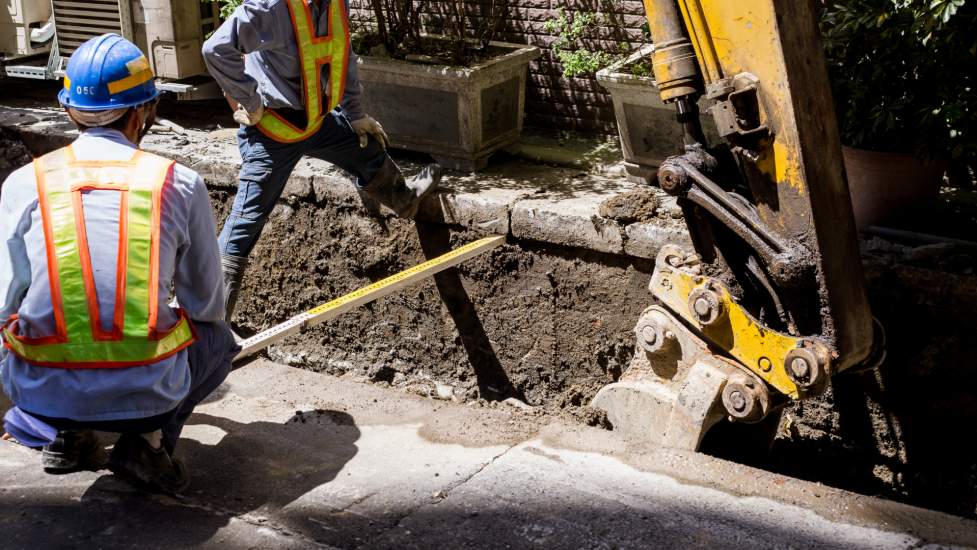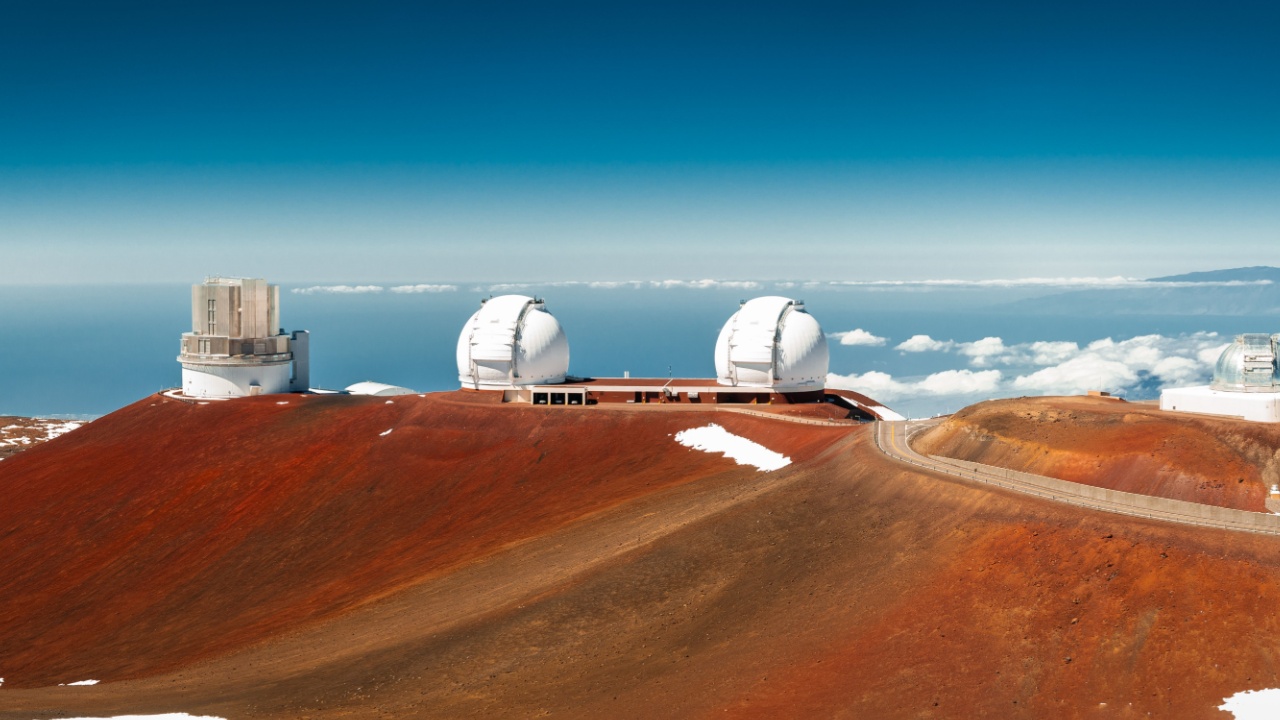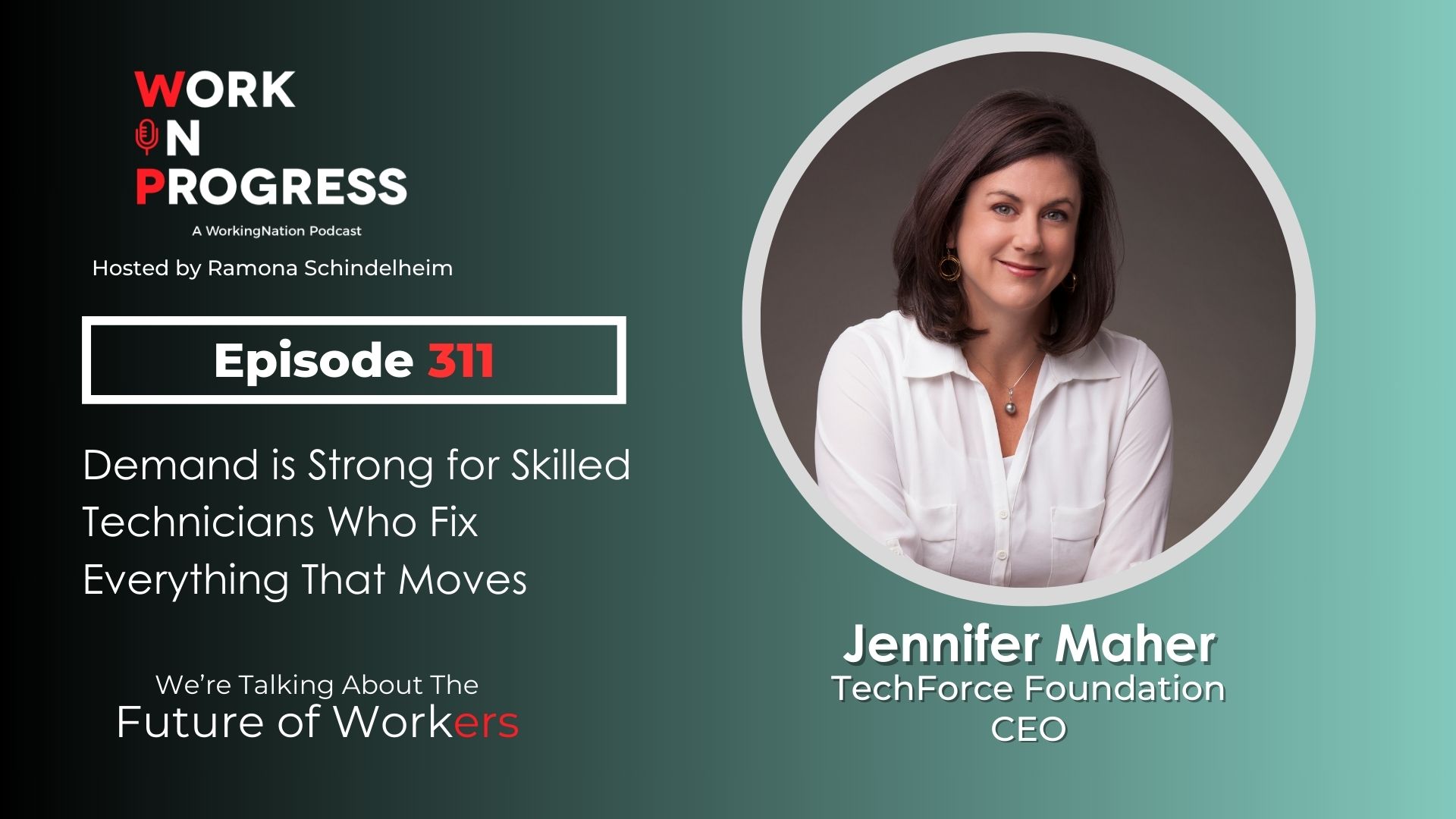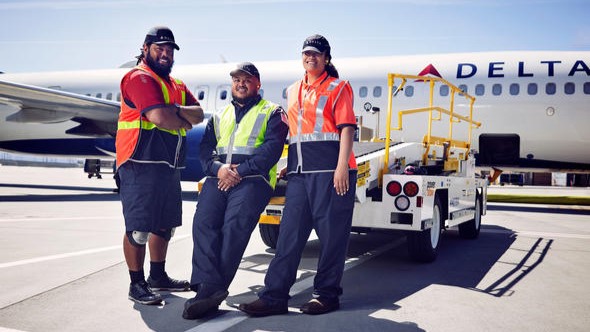When Chicago gas utility company Peoples Gas embarked on a 30-year infrastructure project in 2011 to replace 2,000 miles of aging iron pipes, it found itself short-staffed. The Utility Workers Union of America Local 18007 was also short on members. Then-business manager Rick Passarelli saw a win-win solution.
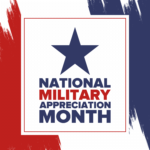
“I had a good relationship with the (Peoples Gas) CEO. We met several times, and he’s a U.S. Navy veteran,” recalls Passarelli, who served in the Navy from 1982 to 1987. “I said, ‘How about helping veterans from Afghanistan and Iraq?’” The Utility Workers Military Assistance Program (UMAP) was born.
The public-private partnership brought together the city of Chicago, Peoples Gas, and the union. UMAP is a free seven-month program for military veterans that combines classroom learning and a hands-on internship that is a feeder program to full-time employment with Peoples Gas.
The classroom instruction is 52 college credit hours which are completed in six months. It includes two months of soft skills, math for technicians, speech writing, anger management classes and four months of gas-specific, intense, focused work.
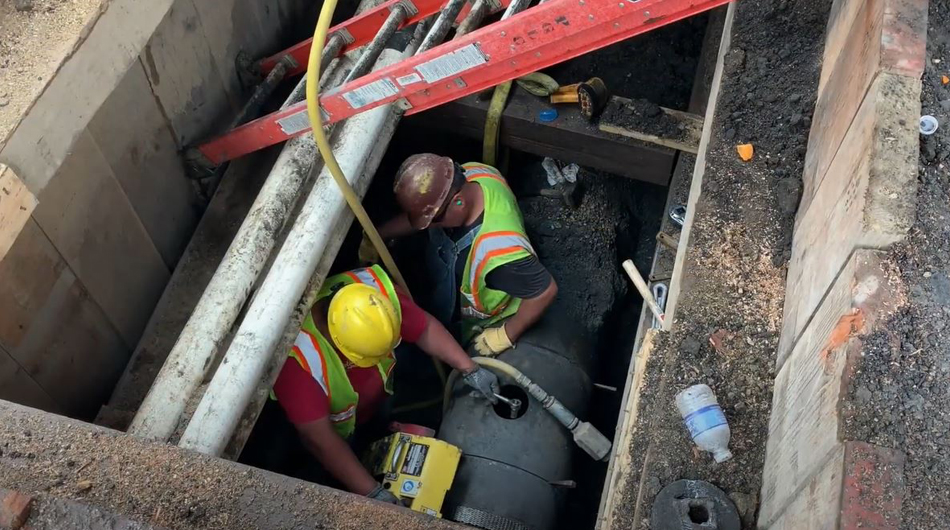
When completed, UMAP participants are eight credit hours shy of an associate in science degree. Then-mayor Rahm Emanuel suggested UMAP utilize space in city community college, Kennedy-King College Dawson Technical Institute, in essence, building a school within a school.
“I had a personal stake in this program,” says Passarelli, now the UMAP program director. “I served two tours, made it out alive and promised myself I would help the veteran community. I would try to find a way to build something. It’s personal in nature, and it’s the right thing to do for our veterans.”
UMAP Provides Learning Opportunities and Wraparound Services
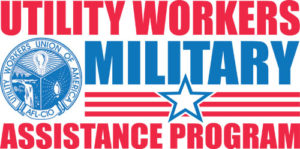
Joe Tischina sat in UMAP’s first cohort when he returned from Okinawa, Japan after serving four years in the Marine Corps back in 2014. But he didn’t join the program until a few years later.
“I had gone through other programs in the city where they offered an opportunity and never delivered on their promises,” Tischina says. “I was in school, working a job on the side, and to have to go six months with no pay was just something I couldn’t do at the time financially. I was trying to raise a baby girl…it wasn’t a realistic opportunity for me.”
But Tischina says he heard such positive chatter from fellow veterans when he would see them at the VFW, American Legion, and veterans’ hospital that he joined the sixth cohort.
The additional services that come with UMAP can also help participants in situations like Tischina, such as gas cards, childcare, and food vouchers.
“Our candidates can focus on their studies and not worry about all those things that come up when they go to school,” Passarelli says. “They’re not paid by the employer when they start. We built the program so the candidate has some skin in the game. But we do have federal rapid response dollars for students…they can apply for benefits and draw dollars to put money in their pocket.”
After completing the classroom instruction, participants enter into a one month, paid internship for hands-on experience. It also helps the company evaluate whether remedial work is still needed. An offer letter for full-time job as a utility worker usually comes during the internship.
The career path leads to a journeyman role, which typically it can take up to seven years. Tischina accomplished it in five. He serves as a mentor as new cohorts join the program and as the union representative for his shop.
“I went from $20 an hour to $40 an hour. My family at one point was unsure of our next meals. Some of us were living here and there, staying on couches at one period of time,” he says. “Now I have a home, two vehicles. My son has special needs and he needs to see a therapist. I don’t have to worry about how to pay for that. I’m back in control of my life.”
A Proven Program Expands
The UMAP program has expanded to Michigan (partnership with Consumers Energy), Southern California (partnership with SoCal Gas starts in August) and Camden, New Jersey (partnership with American Water later this year). Passarelli says the education and skills the participants learn are transferrable, if they end up not being able to accept a job with the signatory employer. If they have to move, for example.
To date, 500 UMAP graduates in Chicago and 200 in Michigan have been placed in jobs. The most recent cohort in Chicago was an all-female one.
“Our classes at least 70% diverse. We’re really proud of that. We’re way ahead of the hiring average for employers, who can’t believe the work we’re doing,” he says. “They were having a real hard time recruiting African Americans and females into the program and it’s a no brainer for us because in the military, we represent the makeup of the entire country.”
But the part of the program that brings Passarelli the most pride isn’t the graduation rate or how many veterans get jobs.
“Veteran suicide is a major problem in our community. This is life-saving work. A lot of folks come back home and don’t feel whole. They get into a dominant spiral of drugs and alcohol. They don’t fit into civilian society and norms. Being a part of a team again makes veterans feel whole,” he says.
“We provide all of the pieces. Women sexual trauma is at an all-time high. We set up women to talk to female veterans who went through the program. The woman-to-woman conversation is so successful. That is what success looks like.”
“Veterans aren’t looking for a handout. We’re looking for a hand up,” Tischina says, sharing a quote he credits to Passarelli. “That’s exactly what this is. It saved my life, my family’s life and so many other’s lives.”

